Neurotransmitters
Recent articles
Bespoke photometry system captures variety of dopamine signals in mice
The tool tracks the excitation of an engineered protein that senses dopamine’s absolute levels, including fast and slow fluctuations in real time, and offers new insights into how the signals change across the brain.
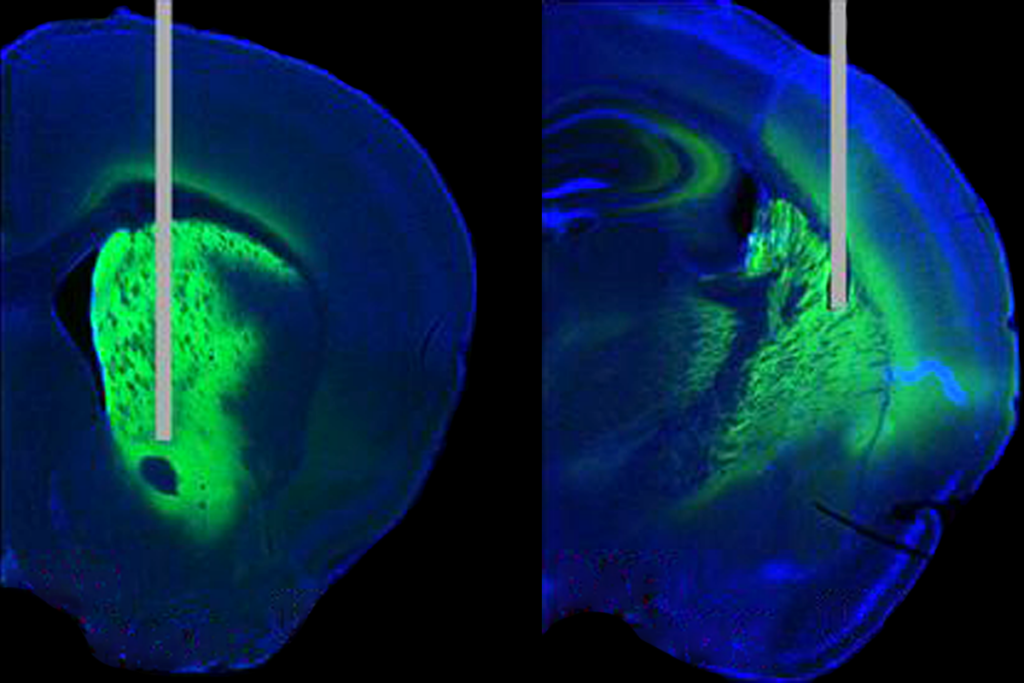
Bespoke photometry system captures variety of dopamine signals in mice
The tool tracks the excitation of an engineered protein that senses dopamine’s absolute levels, including fast and slow fluctuations in real time, and offers new insights into how the signals change across the brain.
Timothy Ryan on his pivotal switch from studying particle physics to decoding synaptic transmission
Dissuaded from pursuing theoretical physics and deterred by the “long feedback loop” in experimental physics, the National Academy of Sciences member took inspiration from “polymath” Watt Webb and “visionary” Stephen Smith—and learned to work “completely outside his comfort zone.”

Timothy Ryan on his pivotal switch from studying particle physics to decoding synaptic transmission
Dissuaded from pursuing theoretical physics and deterred by the “long feedback loop” in experimental physics, the National Academy of Sciences member took inspiration from “polymath” Watt Webb and “visionary” Stephen Smith—and learned to work “completely outside his comfort zone.”
Biosensors and being fearless with Lin Tian
Tian discusses protein function and structure, and the historic city in China where she was born.

Biosensors and being fearless with Lin Tian
Tian discusses protein function and structure, and the historic city in China where she was born.
What happens when a histopathologist teams up with computational modelers?
Answers emerge in my chat with Nicola Palomero-Gallagher, a rare example of someone who connects the brain’s microscopic constituents and macroscopic features.
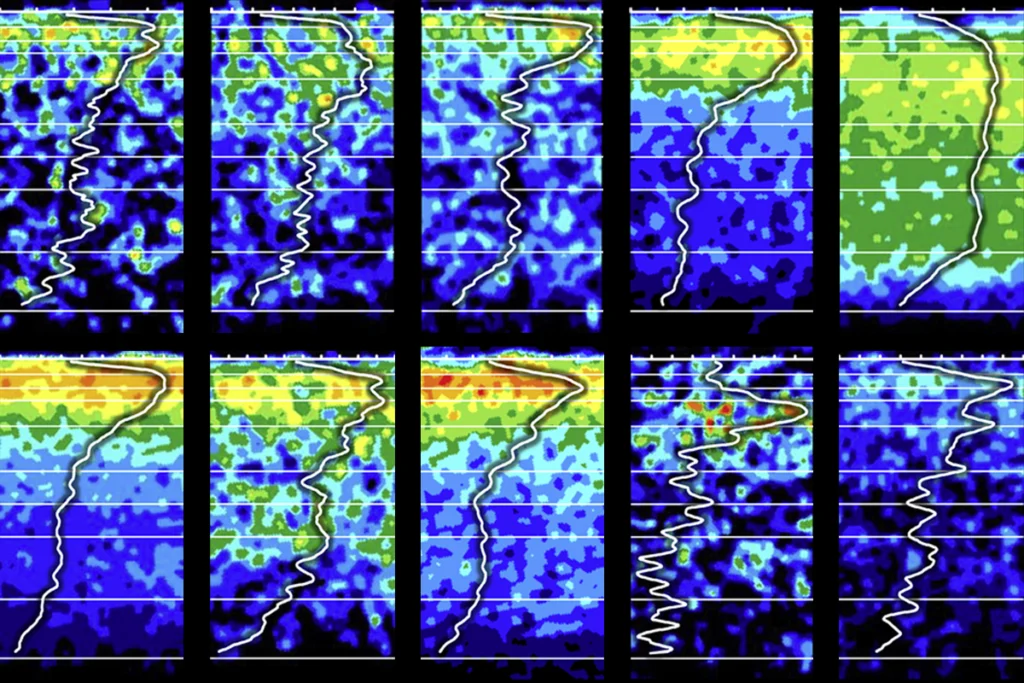
What happens when a histopathologist teams up with computational modelers?
Answers emerge in my chat with Nicola Palomero-Gallagher, a rare example of someone who connects the brain’s microscopic constituents and macroscopic features.
Abundant motor proteins disrupt cries in FOXP2 mice
Knocking down the gene that codes for the proteins normalizes the vocalizations.
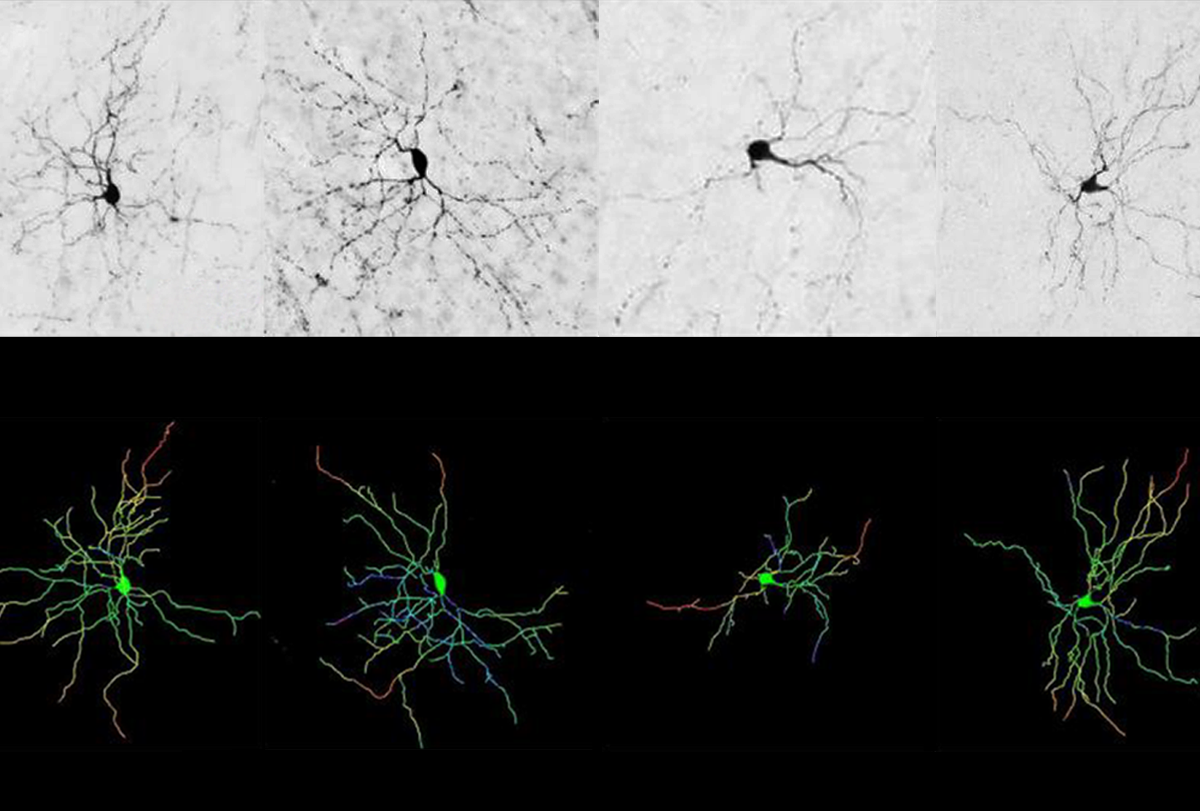
Abundant motor proteins disrupt cries in FOXP2 mice
Knocking down the gene that codes for the proteins normalizes the vocalizations.
Autism and the cell’s antennae
Many autism-linked genes are somehow tied to cilia, the tiny hair-like sensors that stud a cell’s surface. But the question remains whether, and how, cilia differences contribute to the condition.
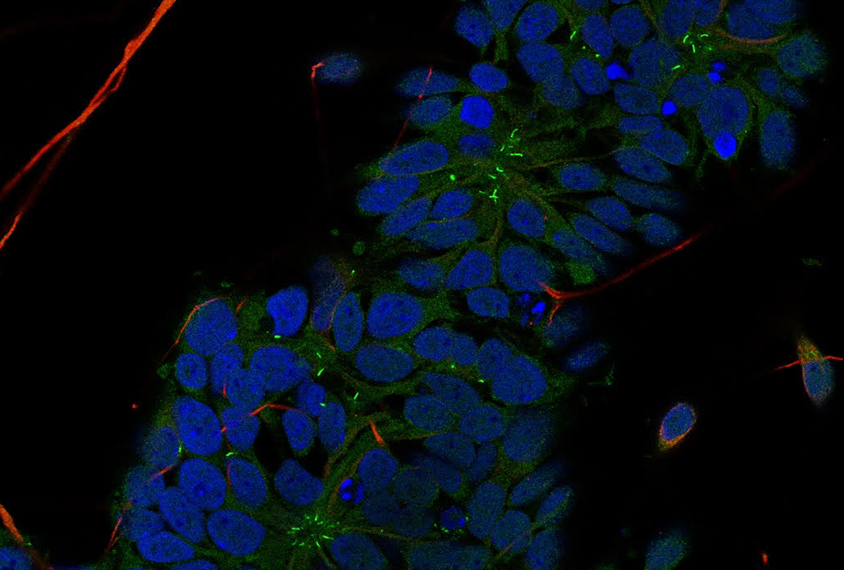
Autism and the cell’s antennae
Many autism-linked genes are somehow tied to cilia, the tiny hair-like sensors that stud a cell’s surface. But the question remains whether, and how, cilia differences contribute to the condition.
Multi-omics study captures CNTNAP2’s far-ranging effects
The in-depth approach shows mutations in the autism-linked gene disrupt neuronal growth and communication, as well as mitochondrial gene expression.
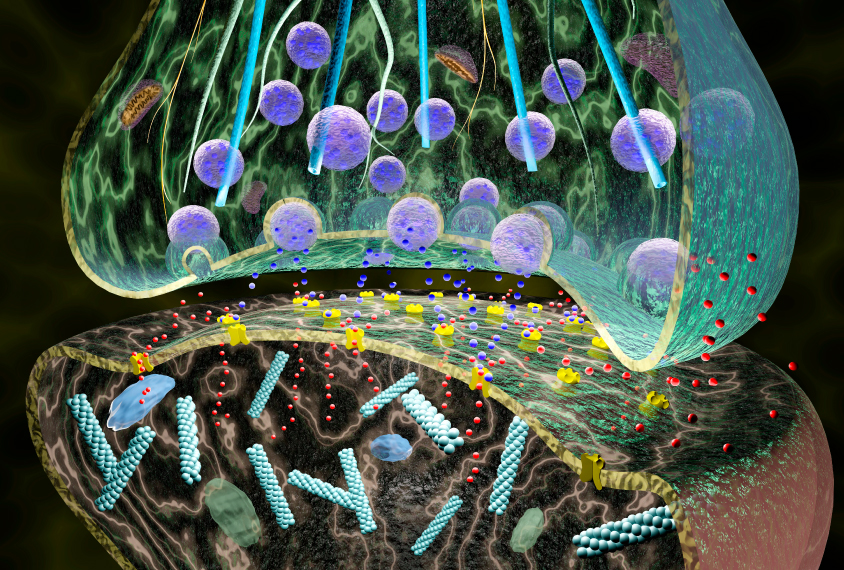
Multi-omics study captures CNTNAP2’s far-ranging effects
The in-depth approach shows mutations in the autism-linked gene disrupt neuronal growth and communication, as well as mitochondrial gene expression.
Tripping over the potential of psychedelics for autism
Drugs such as LSD act primarily on the serotonin system, which is implicated in autism — and some autistic people who experiment with psychoactive compounds report enhanced social connections, among other benefits. But researchers have more questions than answers.
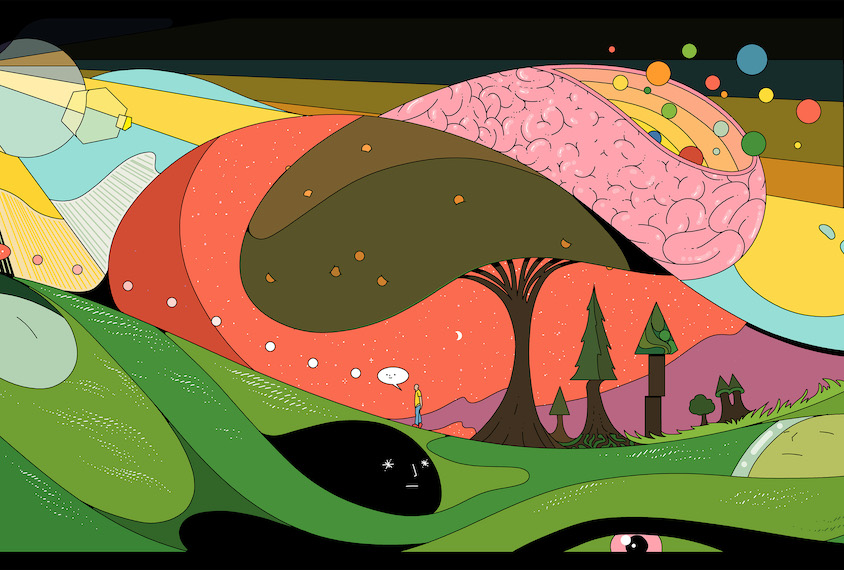
Tripping over the potential of psychedelics for autism
Drugs such as LSD act primarily on the serotonin system, which is implicated in autism — and some autistic people who experiment with psychoactive compounds report enhanced social connections, among other benefits. But researchers have more questions than answers.
Fish, frogs, flies and other fauna in scientific firsts
Over the past century, scientists have used a variety of animal models to advance their understanding of the developing brain and autism.
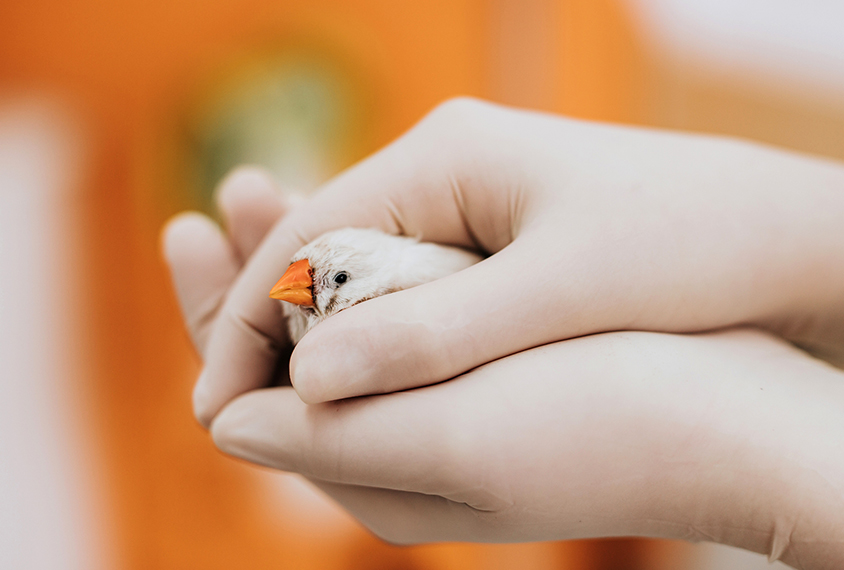
Fish, frogs, flies and other fauna in scientific firsts
Over the past century, scientists have used a variety of animal models to advance their understanding of the developing brain and autism.
Autism research makes the leap to frogs
Frogs are useful for autism research for a slew of reasons, including the fact that the animals' initial development occurs outside of the mother's body in plain view.
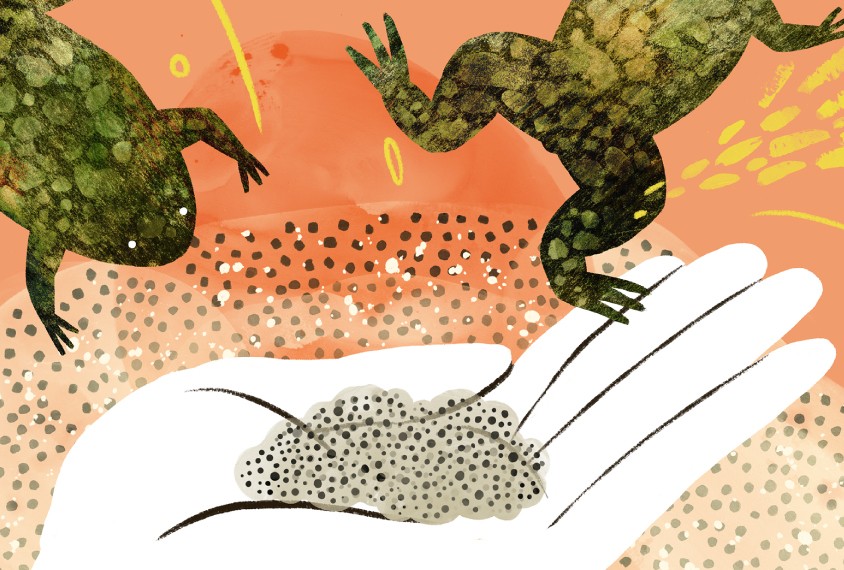
Autism research makes the leap to frogs
Frogs are useful for autism research for a slew of reasons, including the fact that the animals' initial development occurs outside of the mother's body in plain view.
Explore more from The Transmitter
Five things to know if your federal grant is terminated
If you want to appeal the decision, know the rules that govern terminations, as well as the specific rationale given in your notice, science policy experts say.

Five things to know if your federal grant is terminated
If you want to appeal the decision, know the rules that govern terminations, as well as the specific rationale given in your notice, science policy experts say.
It’s time to examine neural coding from the message’s point of view
In studying the brain, we almost always take the neuron’s perspective. But we can gain new insights by reorienting our frame of reference to that of the messages flowing over brain networks.
It’s time to examine neural coding from the message’s point of view
In studying the brain, we almost always take the neuron’s perspective. But we can gain new insights by reorienting our frame of reference to that of the messages flowing over brain networks.
Autism traits, mental health conditions interact in sex-dependent ways in early development
Here is a roundup of autism-related news and research spotted around the web for the week of 31 March.

Autism traits, mental health conditions interact in sex-dependent ways in early development
Here is a roundup of autism-related news and research spotted around the web for the week of 31 March.